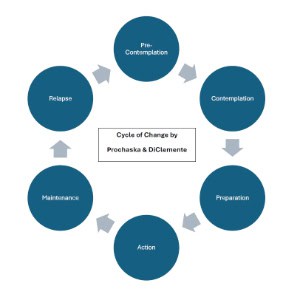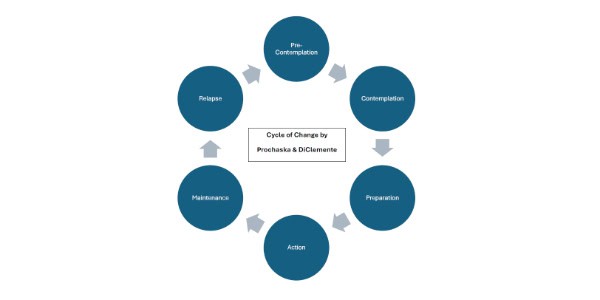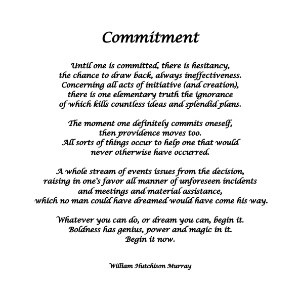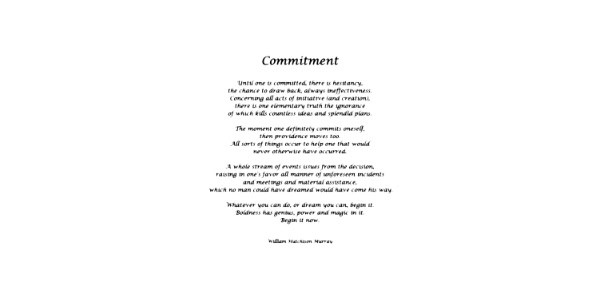Fifteen Years (WT780)
BlogOh my golly goodness!
Today marks our 15th anniversary of Weekly Thoughts and I haven’t missed one single week in all that time.
This is something I am very proud of – my commitment to you.
I don’t want to miss a week because I don’t want to let you down.
How about you?
What or who are you committed to?
Let’s take a minute to reflect on the past fifteen years.
What’s happened in your life?
Where has your journey taken you?
Ross and I travelled Australia and lived in a motorhome over Covid.
We lived in the USA for 7 months.
We lived on the Gold Coast for a year.
Like gypsies, we’ve bought and sold properties, we’ve packed and unpacked.
I wrote and published two books and contributed to 3 others.
We travelled the world and studied with the best of the best, expanding my knowledge and my certifications to become an internationally certified R.A.P.I.D. Results Coach, a Transformational Mindset Coach, an authorised instructor for Thomas Gordon’s Leader Effectiveness Training and the list goes on.
And most of all, we’ve met and worked with the most amazing clients who inspire and teach us every day.
Anniversaries come and go, so this time, I invite you to take some time and not only reflect on the past 15 years, but look to the future as well.
Who do you want to be in 15 years?
Where do you want to be in 15 years?
Thank you for being part of our community. Your presence inspires me to keep writing one more thought and one more thought and still another thought.
P.S. Invite your friends to get the Weekly Thought delivered directly to their inbox.













